Corsica
We were lucky enough to spend our vacation in Corsica this past week, staying at the lovely villa owned by the family of Al’s cousin’s wife, Camille. She’s French and her grandfather bought the property decades ago (before it was cool, in other words). Not a bad investment!
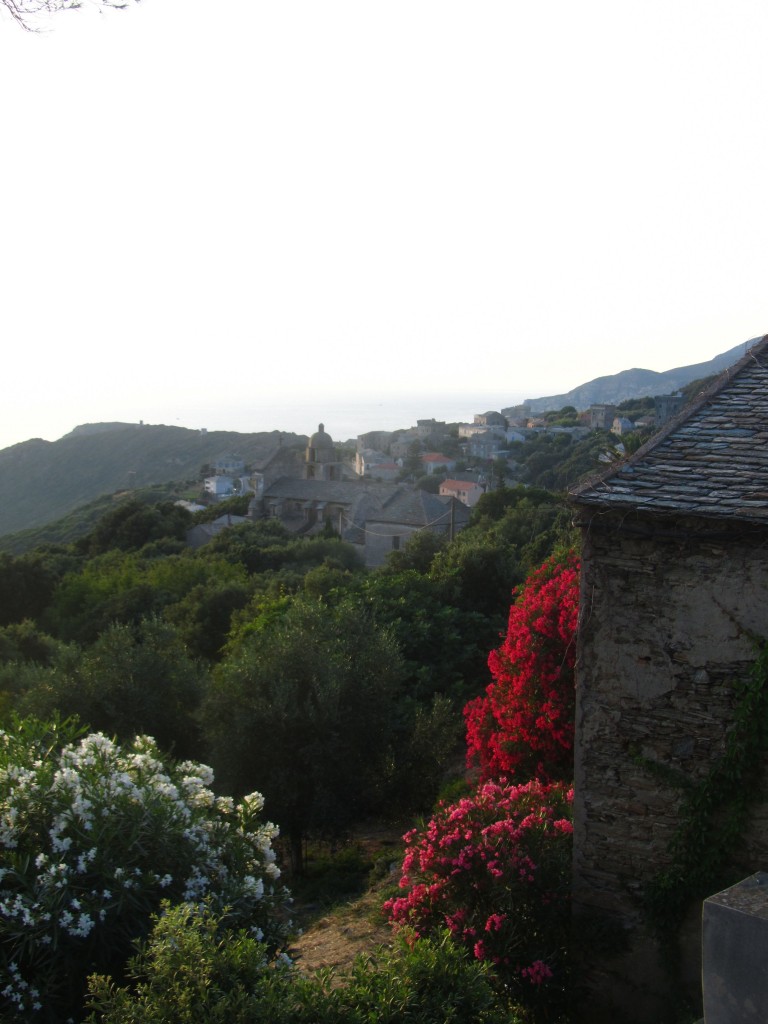
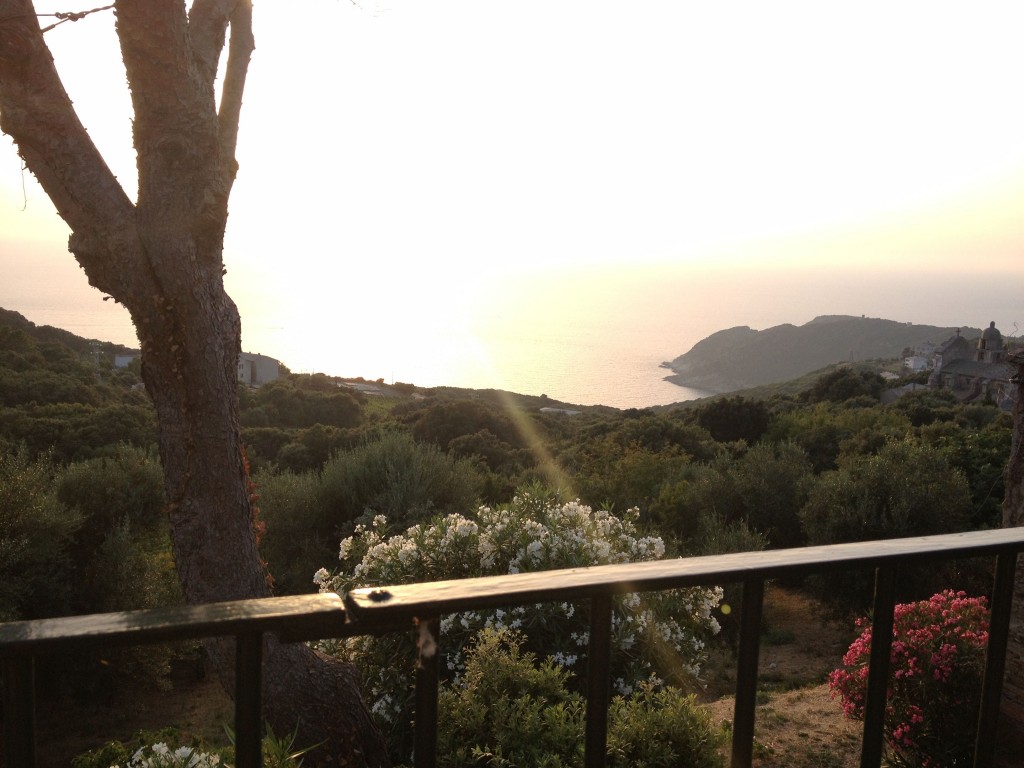
The villa is located in Morsiglia, in Cap Corse, the northern tip of Corsica. This part of the island is known for being rugged, with sweeping views, winding roads, steep hills, and rocky beaches.
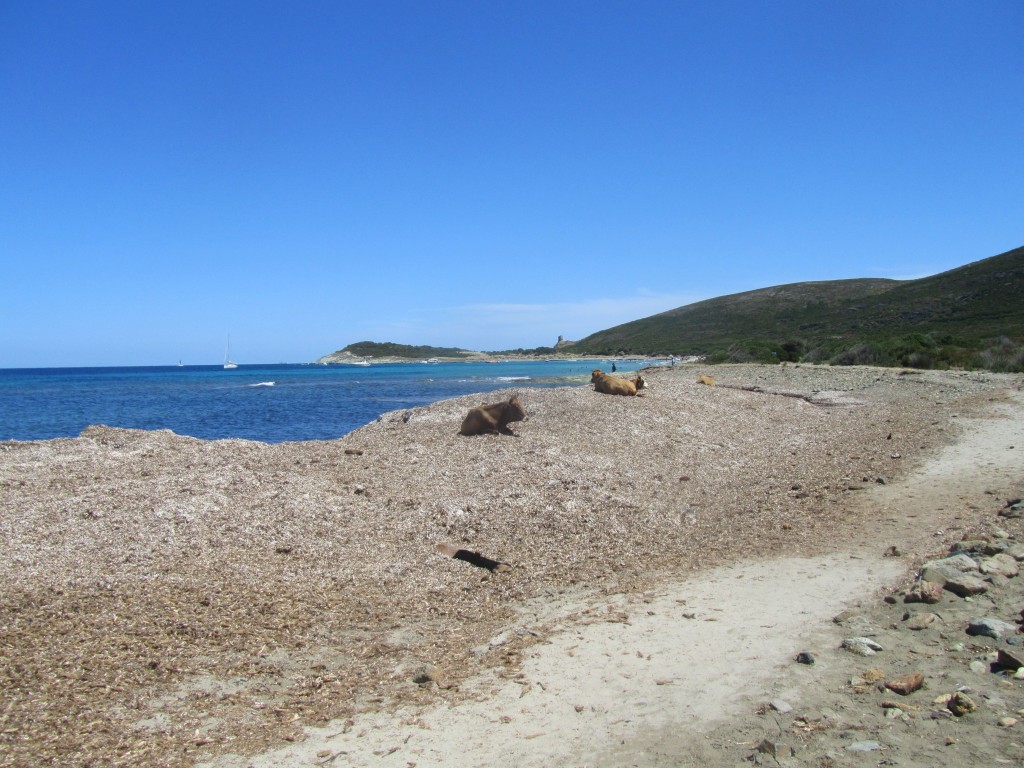
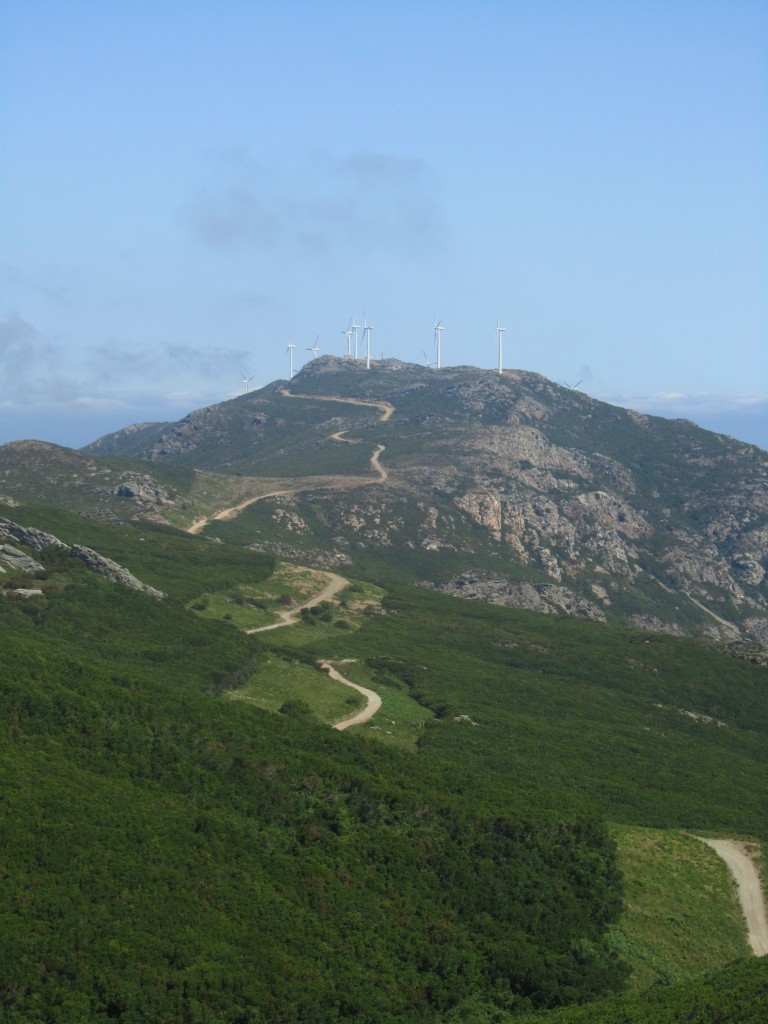
Corsica is an interesting place. It’s a territory of France, even though geographically, it’s closer to the Italian mainland. France has been in charge since 1769 (before that, Corsica was briefly independent, and before that, it was ruled by the Genoese). Although everyone speaks French (seeing as Corsica is, technically, part of France), the island also retains Corsu as its native language, although not many people (i.e., perhaps only 10% of Corsicans) speak Corsu natively anymore, and it is a “potentially endangered language,” according to UNESCO. Corsu, as far as we could tell, is basically Italian with lots of u’s and j’s and h’s. According to our Lonely Planet guide, though, you should never even hint that Corsu sounds pretty much exactly like Italian, because the Corsican people will become deeply offended. The Corsican people, according to our Lonely Planet guide, get deeply offended by many things, including foreigners attempting to speak Corsu to them. (By the way, I’d be willing to hazard a guess that the author of the Lonely Planet guide might have tried to speak Corsu to people and received a blank stare back either because he was butchering the language or because not a lot of people actually speak it.) Anyway, almost everyone we encountered on the island seemed quite friendly and not prickly (although we didn’t attempt any Corsu, just to be safe). Most road signs are in French and Corsu, although we did see a few signs with the French spray-painted over and/or crossed out, which I suppose is some sort of Corsu nationalist statement, although I’m not sure.
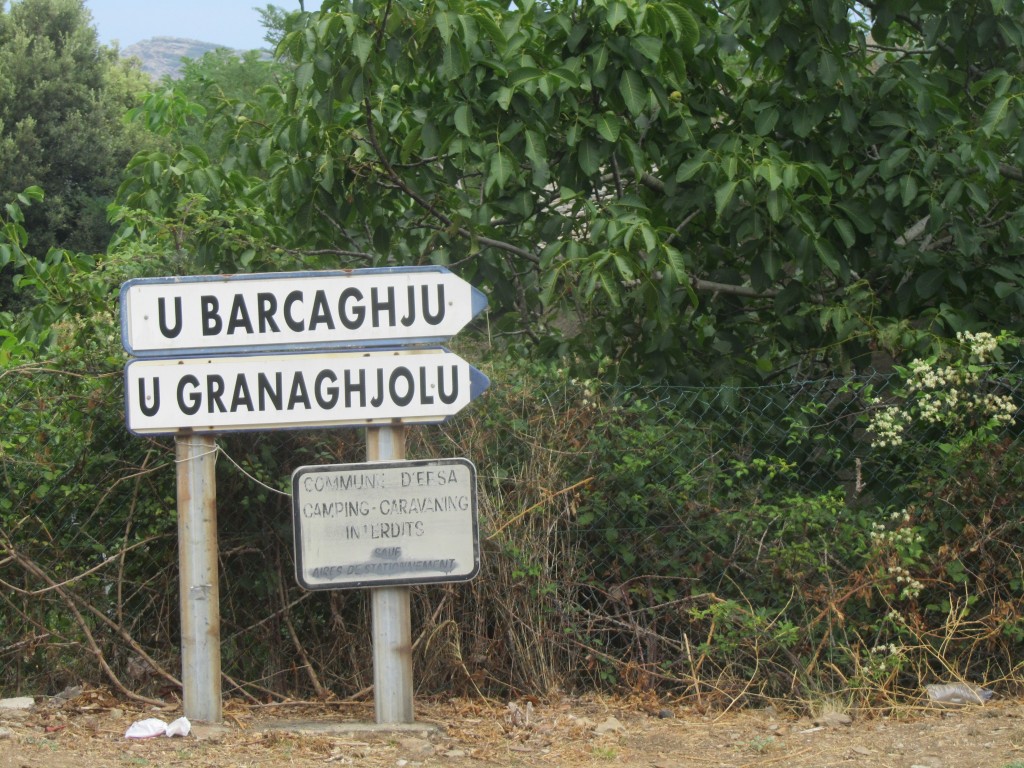
We spent most of our time in Corsica eating, hiking, sleeping, and lazing on the beach. Pretty great. I especially enjoyed local Corsican cured meat (they’re known for their charcuterie, especially coppa) and sheep’s milk cheese. We also sampled some Corsican wine, some of which is quite good, especially the Muscat. I realized later that drinking three glasses of Muscat a night is probably the equivalent of injecting sugar crystals directly into my blood, which explains why my jeans were tight when I got back to London, but dang, it was tasty.
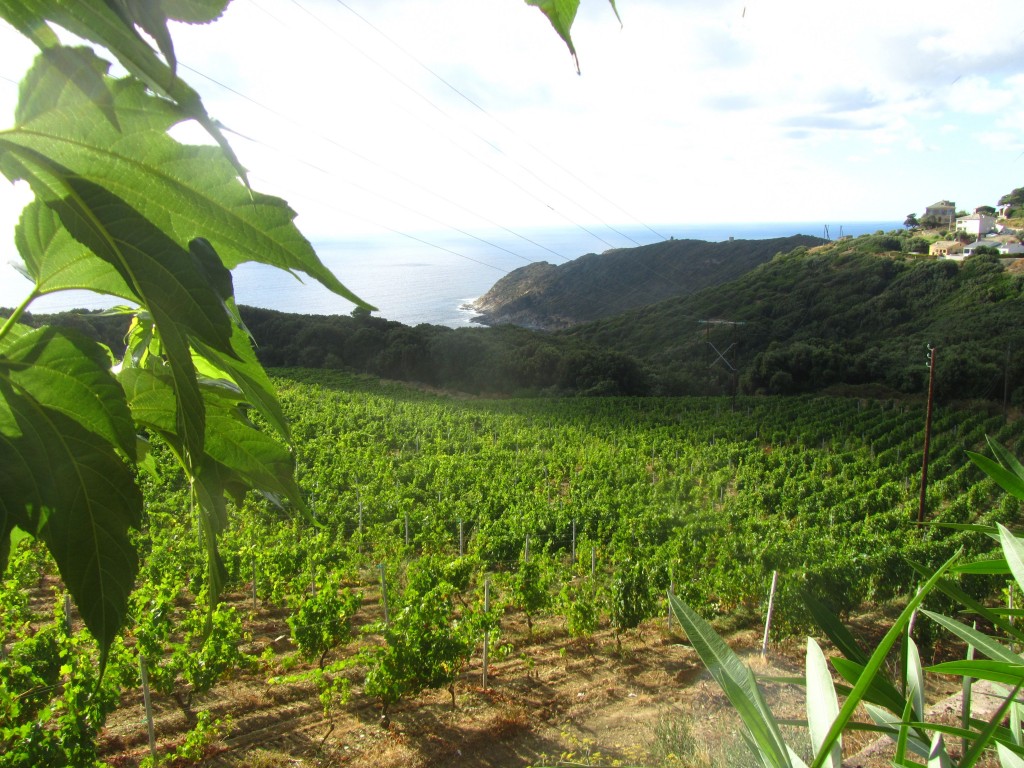
As with any vacation, there were a couple of wrinkles in the trip, including the fact that we were redirected to Milan on the way there because our plane had a crack in its windshield (good job, EasyJet) and the fact that I suffered from a mysterious stomach ailment for half of the trip (but once I recovered, things were great). Overall, though, we had a great time and I’m happy we got to see this beautiful little corner of the world. À vedeci, Corsica!
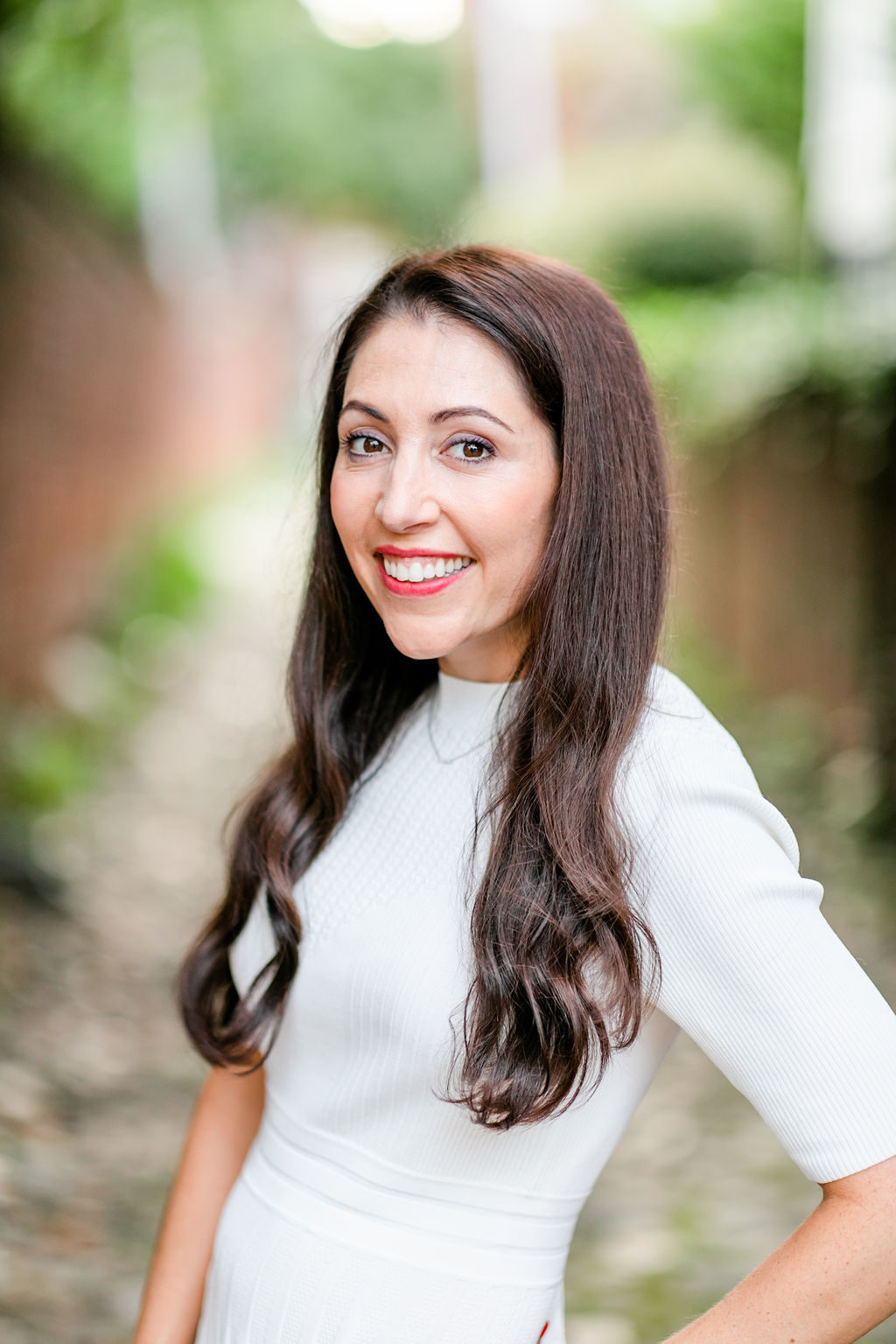
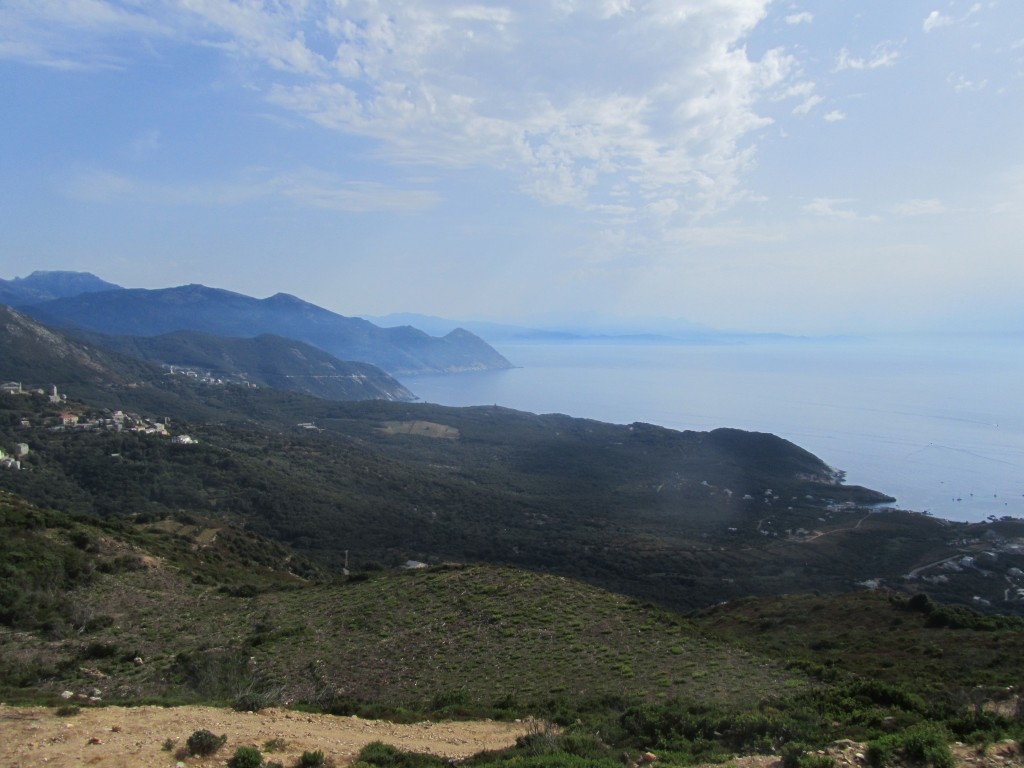
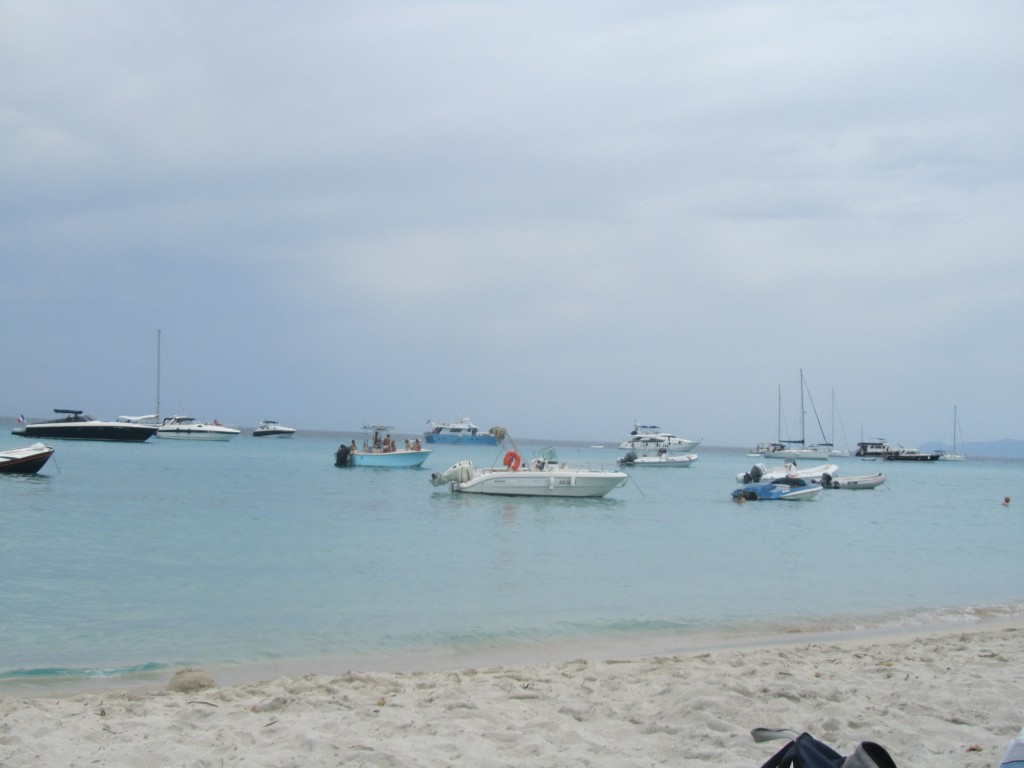
Leave a Reply